The After-School Book Club that Worked For Me
I am teaming up with my dear blogger friend Pat McFadyen, a talented 5th grade teacher, from Growing Grade by Grade to host a post she has written about book clubs. We met at a recent TPT conference and have kept in touch ever since. I hope you enjoy!
“Book clubs can be a valuable part of a school’s literacy program. They can:
However, book clubs can only do all of the things if they work. Not all book clubs work. Here’s what happened to mine…
About fifteen years ago, I was asked to coach an after-school book club for our 4th and 5th grade students. At the time, I had a self-contained 5th grade class, meaning I taught all subjects, so I felt confident enough with my ELA skills that I thought I could do it. I’d always wanted to have a book club, so I was really excited as I scheduled and organized.
Unsurprisingly, there was no money for books. I had to get really creative digging through old stashes of books in classrooms and the library to have enough copies for everyone to read the same title of a book they hadn’t already read. At this point, I don’t even remember the book we started with, but it doesn’t matter. The results would have been the same.
Within a couple of weeks, the group was experiencing problems. Faster readers were already finished with the first book and anxiously ready to discuss it and move on to the next one. Slower readers were struggling. Less serious club members were using the time as a social club. Over-scheduled kids missed meetings. I was moving away from “friendly book club coach and mentor” to “teacher who has to fuss to get kids to do their work”. No one was really happy.
We stumbled along like this for a while. I was ready to throw in the towel and tell my administrator that the club wasn’t working and I wanted to close it out. I was dejectedly web surfing one night (and keep in mind this was long before really good browsers – or even Facebook! – so results could be sketchy), when I found a teacher chat group. One wonderful teacher mentioned that she had had good results with a “genre book club”. Instead of choosing one book for everyone to read, she chose a genre of literature. She collected as many examples of the genre as possible and let students pick from that collection. There wasn’t a lot more information, but it stopped me in my tracks.
The advantages of a genre book club flooded my thoughts. I felt that choosing a genre and offering students a selection of different titles within the genre would immediately solve some of my most pressing problems.
For our next meeting, I greeted students with a pile of books – literally! I chose the genre “Humor” to begin with and almost cleaned out our school library of joke books, comic-type books, and obviously funny, funny books. I explained to the book club members what I was doing and why. I very honestly shared why I was disappointed in how the club was going. I made it clear I was not disappointed in the students, but in how a one-book focus and a lack of resources seemed to be limiting our progress and enjoyment of reading.
I explained that we would start with Humor as our first genre study, but would gladly take suggestions for our next one. We would keep the time limit for each genre study open in case we wanted to extend one genre or cut short another one.
During that meeting, I briefly discussed the characteristics of Humor as a literary genre. I made it into a poster for later reference. Then, we dove into the stack of books. Hands reached over each other, searching for an interesting title. In just a few minutes, every student had a book. And…they read.
They read! They quietly, absorbedly read our books. For almost the first time, I saw students enjoying reading in our book club. To keep the momentum going, I kept the books checked out of the library under my name and had the club members check them out from me. They could come by my classroom at any time to return/check out these books as much as possible. When we met the next week, we shared what we enjoyed, what we didn’t enjoy, and how the books fit into the Humor genre.
The school year was almost over by this time and we didn’t have many more book club meetings. We were able to include the Poetry and Short Story genres. Most importantly, we ended the book club on a high note with at least some enthusiasm intact.
Lesson learned: If I ever sponsor another book club at the elementary level, I will seriously consider making it a Genre Book Club. I can’t guarantee this would be the best format for middle school or high school, but as an option for developing readers, the Genre Book Club is a seriously viable option.
In a nutshell, these are the advantages of a Genre Book Club. While offering the same benefits of a traditional book club, it can also:
If I coached a book club again, I would also offer a way for students to respond privately about their reading and to encourage accountability. Follow this link to check out my Genre Book Report product.
How To Start A Genre Book Club
If you are tasked with organizing a book club of any description, here is a list of steps to have it up and running successfully.
Best of luck to any and all who sponsor/coach/mentor our readers! If you ever get the chance to run a book club, consider a Genre Book Club. It just might be right for your students.”
I hope you enjoyed that fabulous post about her book clubs! Make sure to stop by her TPT store
to pick up a copy of her Genre Book Club product!

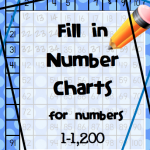
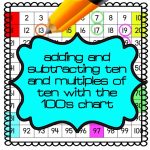
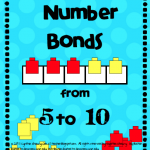



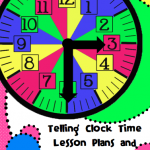












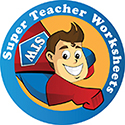
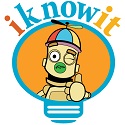







Leave a Reply